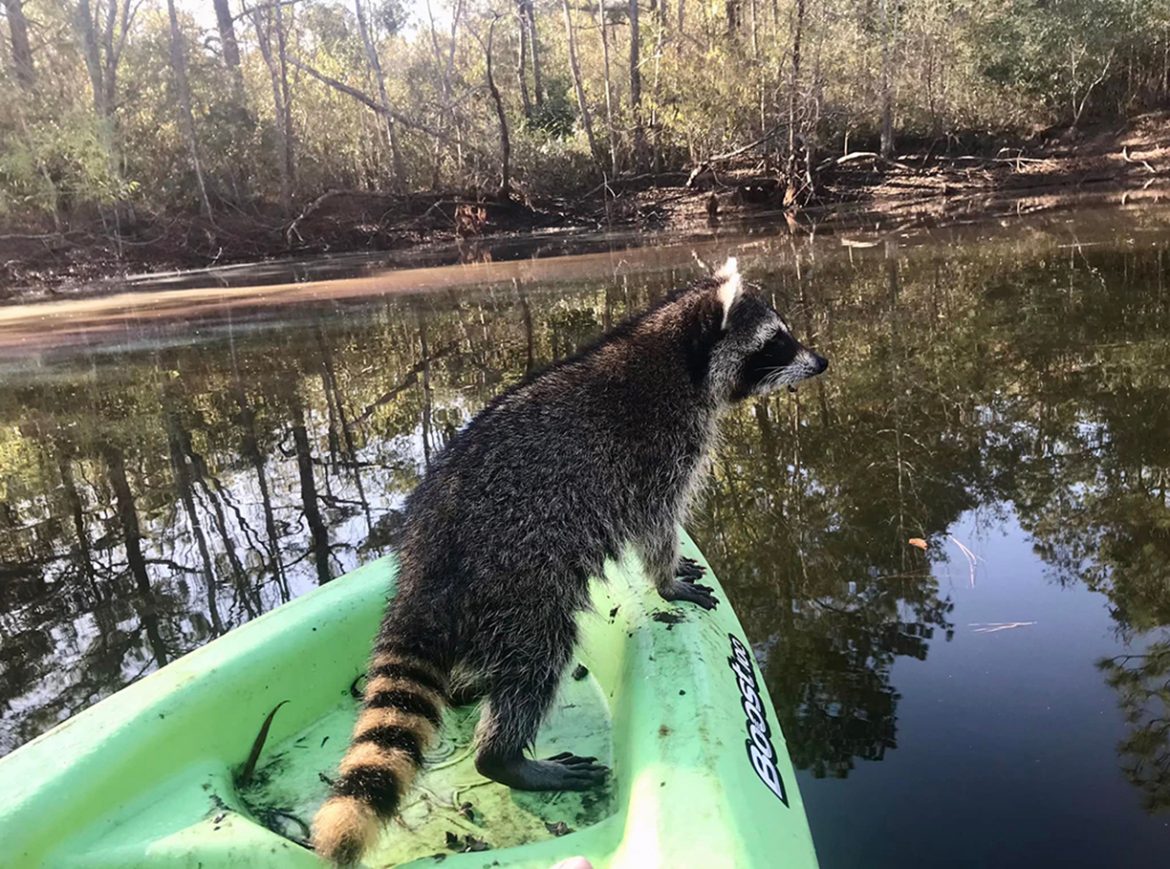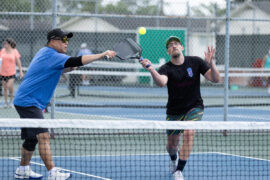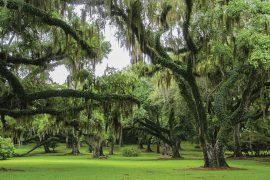Caring for Animals Who Cannot Care for Themselves
When people get out to enjoy nature, they sometimes find injured animals, perhaps one hit by a car. Most people naturally want to take the creature home and nurse it back to health.
Unless specifically trained for such handling and animal rehabilitation, don’t touch the animal. Instead, keep an eye on it and call someone like Paula Woodside, director and founder of Woodside Wildlife Rescue in Pass Christian, who has the training and equipment to handle wild animals.
“Our organization is dedicated to the rescue and rehabilitation of Mississippi’s indigenous wildlife in need,” Woodside states. “We focus mostly on beavers, otters and raccoons, but we network with groups that specialize in other animals. We also support our local law enforcement in our animal control agencies.”
Woodside found her calling inside a dumpster. While serving in the Merchant Marines, her ship needed repairs and docked at a San Francisco shipyard.
“While in the shipyard, we received a dumpster to put on the ship,” she recalls. “Inside the dumpster was a wild raccoon, a nursing mother. She ran around the deck trying to find a way off the ship. We finally trapped her and got her back down into the shipyard. I was so intrigued and impressed with her intelligence and dexterity. One day, some workers brought me a box with a five-week-old raccoon inside. It was instant love.”
Woodside couldn’t keep the raccoon, but located a rehab facility that could care for it. After leaving the Merchant Marines, she opened her own Pass Christian facility in 2019.
“We have rehabilitated injured wildlife or those incapable of helping themselves, such as orphans,” Woodside says. “For instance, we recently got a call about an injured pregnant raccoon that apparently had been mauled by a dog. We took her to an emergency veterinary hospital where she received great medical care. We don’t have medical personnel on staff, but we do have an incredible support system with our local veterinarians. When’s she’s ready for release, we’ll take her back to where she has her nest and let her and her babies go.”
People might also find “abandoned” baby animals, particularly in late spring or early summer. Typically, these youngsters are NOT abandoned. The mother probably watches from a nearby hiding place and will return when the people leave.
“We emphasize reuniting wild babies with their mothers because they have a much better chance of surviving,” Woodside advises. “If we get a call about a baby animal, we try to locate the mother. Baby animals do much better in the wild under their mother’s care and training than they could possibly do in any rehab facility.”
Woodside also wants to increase awareness of such diseases as rabies and canine distemper. Any mammal, including humans, can contract rabies. She urges people to stop relocating wild animals because that could help spread those diseases. She also urges people to stop using poison to kill rats because poison works its way throughout the entire food chain.
As a non-profit public charity, Woodside Wildlife Rescue depends upon about 40 volunteers. The organization receives no state or federal tax money, but depends entirely upon private donations.
Woodside Wildlife Rescue
To locate a rehab facility, Woodside recommends downloading an app called AnimalHelpNow at ahnow.org. In South Mississippi, call Woodside Wildlife Rescue at 228.223.0430 or see www.woodsidewildliferescue.org.





